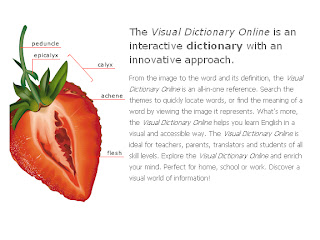My experience as a foreign language student started at school when I was eight years old. I remember how we spent much of our time painting and filling in with the appropriate word in flash cards which we had to hand in later. We repeated words aloud and we did grammar exercises. These were the basis for our English education in primary education. Understanding, practising, reading and writing…
And this did not change that much during secondary period, although difficulty levels were raising little by little in terms of vocabulary and grammatical structures. As my blog-mate Anna has already said, our English teaching has been quite deficient in which some skills are concerned; that’s to say, listening and speaking. Maybe we are very proficient in which grammar and writing is said but our “purely” communicative abilities are a great deal over the rest of Europe .
In my case, it was thanks to my hometown’s Language School (EOI) that I began to face different situations in which speaking was necessary. We were also forced to practice listening in order to pass some exams and this helped me to start getting my ears used to understanding English. I believe that this was a great complement to my English formation.
On the other hand, my decision to become an English teacher was the consequence of many factors: good teachers along my educational life, desire to be a teacher to “enlighten” others with what I know and English being a subject which makes me feel good, comfortable and also, the love for foreign languages. Apart from that, I feel I could enjoy my life working with teenagers since it is an environment that I consider to be suitable for me and my personality to work in.
As a summary, I have to say I had/have had a satisfying experience as a language learner and thanks to it, I am here studying English and preparing myself to be a good professional in a future. I would like to add that the new generation of teachers has a great responsibility in portraying a better image of what learning a language is, providing the students with interesting material for them to “catch up” as soon as possible and creating, as a result, a good atmosphere for the learning, highlighting real everyday skills which have been ignored along time, such as speaking and listening.
Tatiana Gonzalo López










